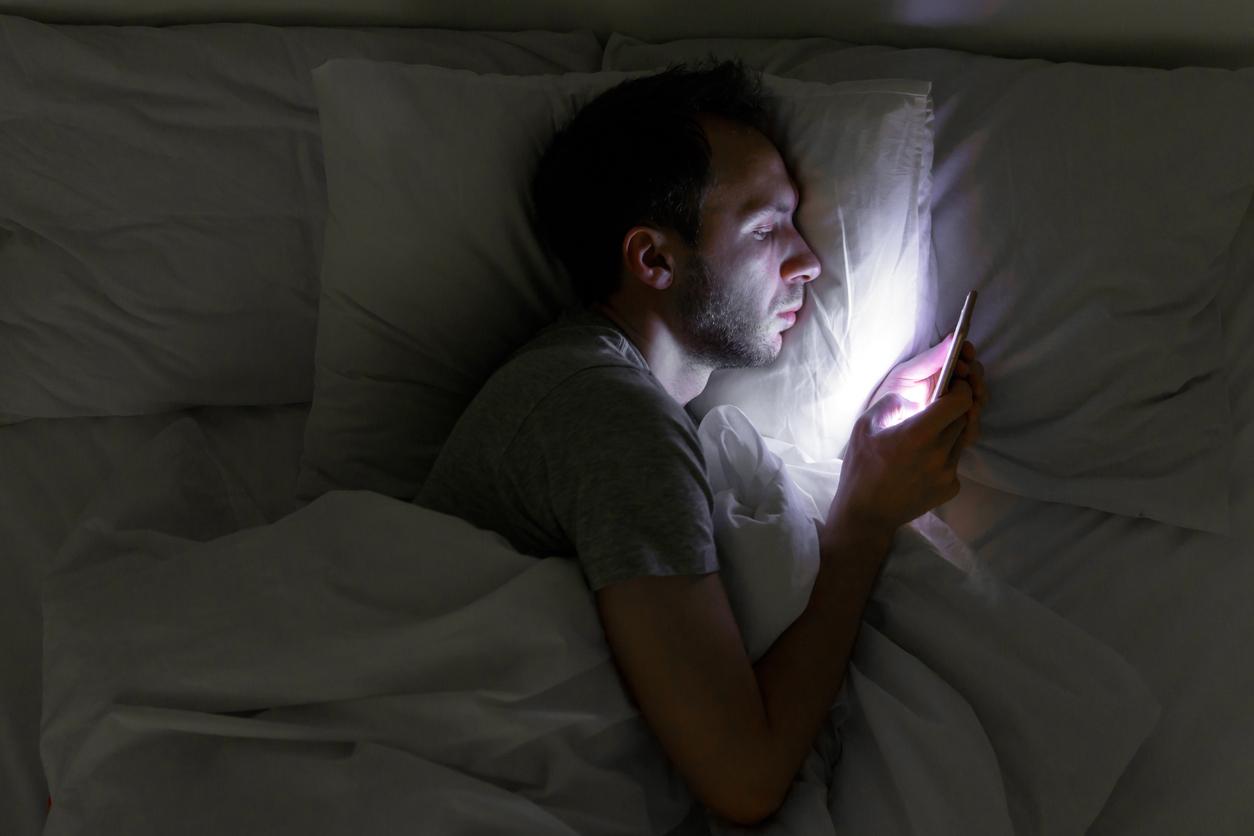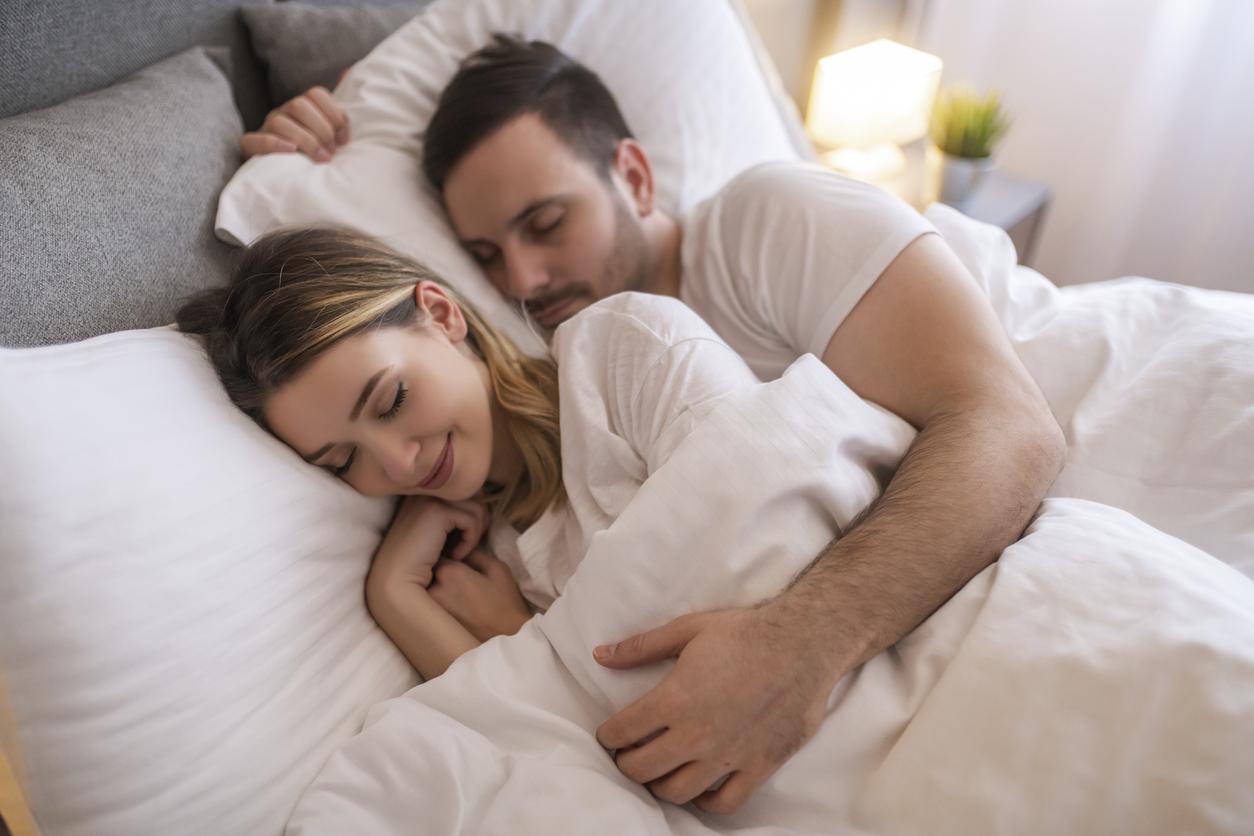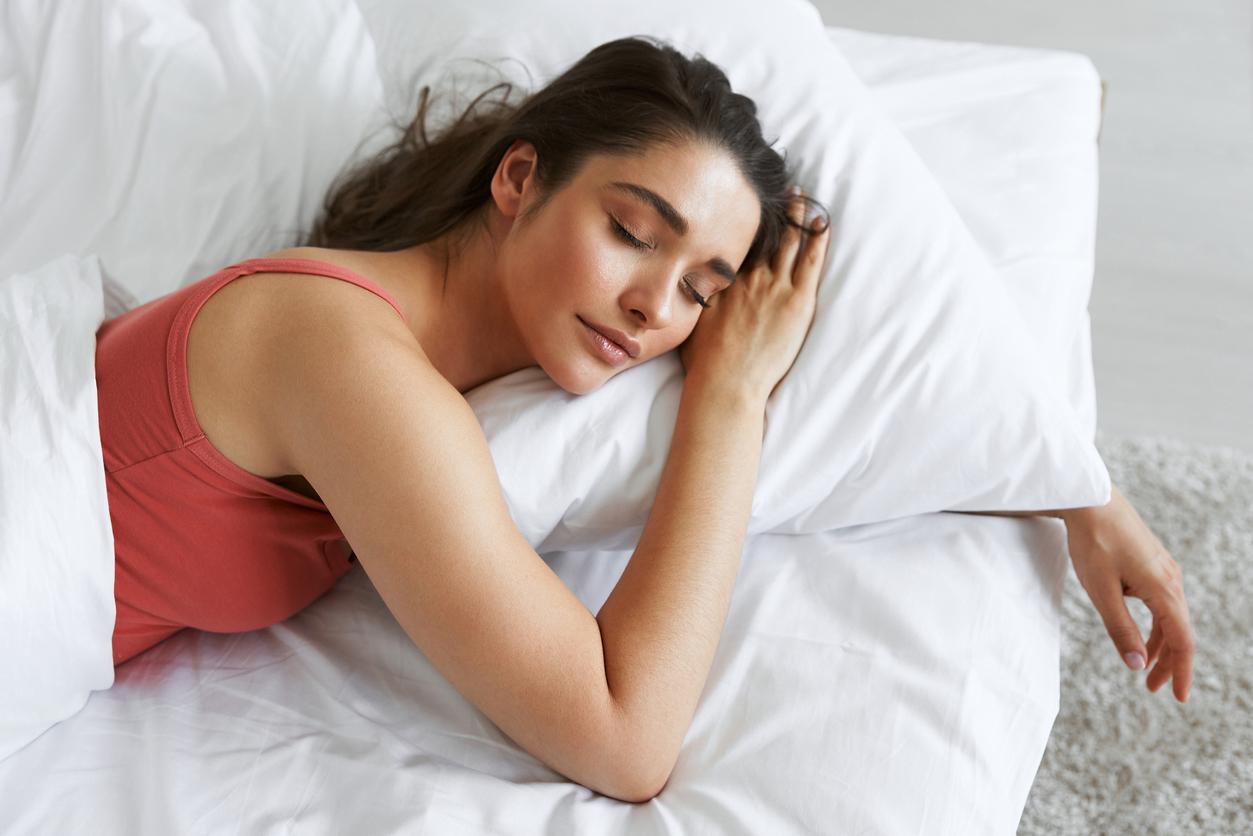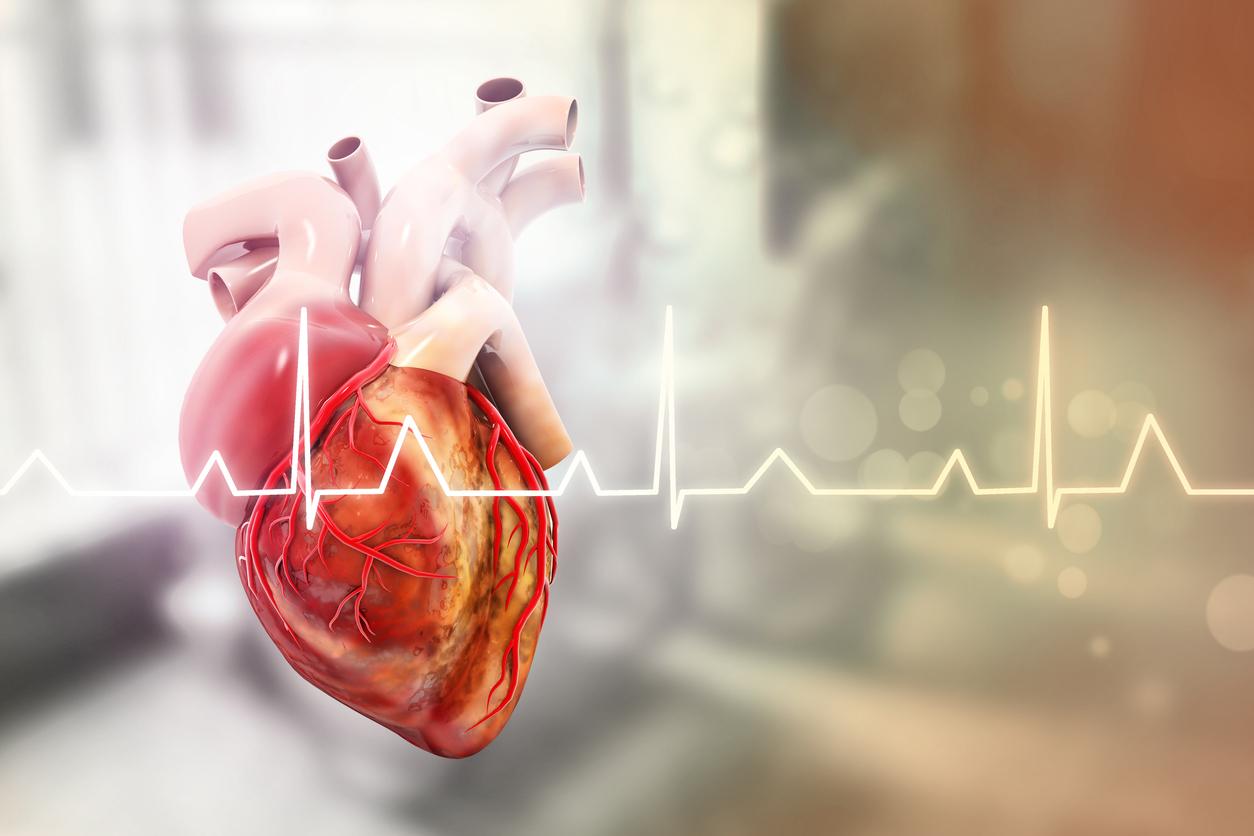
Sleep Apnea or an Infection?
Everyone sweats and all day long. It is necessary to regulate the heat in your body. But if you lie in bed at night and your nightwear is completely damp and wet and even your sheets are completely damp, then you are suffering from night sweats. What causes night sweats and what can you do about it?
Sweating is something the body does naturally to help regulate your body temperature. By sweating you get rid of excess heat. Most people start to sweat with exertion or when the temperature is high, but there are also people who sweat without exertion. This is called hyperhidrosis. Night sweats involve excessive sweating during sleep. It is normal to sweat during sleep, for example on a warm summer evening or if you use too much bedding. But if you suffer from night sweats, it is not because of a warm bedroom.
There are many different causes of night sweats. It is best to consult a doctor to find the cause. This will determine if a medical condition is responsible for the night sweats.
Some known causes of night sweats are:
1. Menopause
During the menopause you may suffer from hot flashes that often occur at night. This is a common cause of night sweats in women.
2. Infections
All infections that cause fever can lead to night sweats. It is also a symptom of HIV infection.
3. Idiopathic Hyperhidrosis
The cause of idiopathic hyperhidrosis is unknown. People with hyperhidrosis sweat much more than is necessary to keep their body temperature constant. Continuous sweating, especially of the armpits, palms or soles, is the result. The symptoms start at a teenage age and often last for decades.
4. Cancer
Night sweats are an early symptom of some cancers. The most common cancer associated with night sweats is lymphoma. Often, people with undiagnosed cancer also have other symptoms, such as unexplained weight loss and fever.
5. Medicines
Certain medications, such as antidepressants, have night sweats as a side effect. About 8 to 22 percent of people who take antidepressants suffer from night sweats. Medicines to lower fever, such as aspirin and paracetamol, can also cause night sweats.
6. Hypoglycemia
Low blood sugar, or hypoglycemia, can also cause sweating. Hypoglycemia is a temporary phenomenon that hardly ever occurs in healthy people and mainly occurs in people with diabetes. Other symptoms associated with hypoglycemia include fatigue, difficulty concentrating, shaking, headache, dizziness, hunger, and yawning.
7. Hormonal Disorders
Night sweats are also a symptom of a number of hormonal disorders, including pheochromocytoma, carcinoid syndrome and hyperthyroidism.
8. Sleep Apnea
A common cause of night sweats is sleep apnea, also known as obstructive sleep apnea syndrome, abbreviated OSAS. With this condition you suffer from respiratory arrest while sleeping. These can occur because the muscles relax during sleep. This can cause the tongue and soft parts in the throat to block breathing. Breathing then demands much more from your body. This can make you sweat a lot, especially around the shoulders and neck.
Sources):















